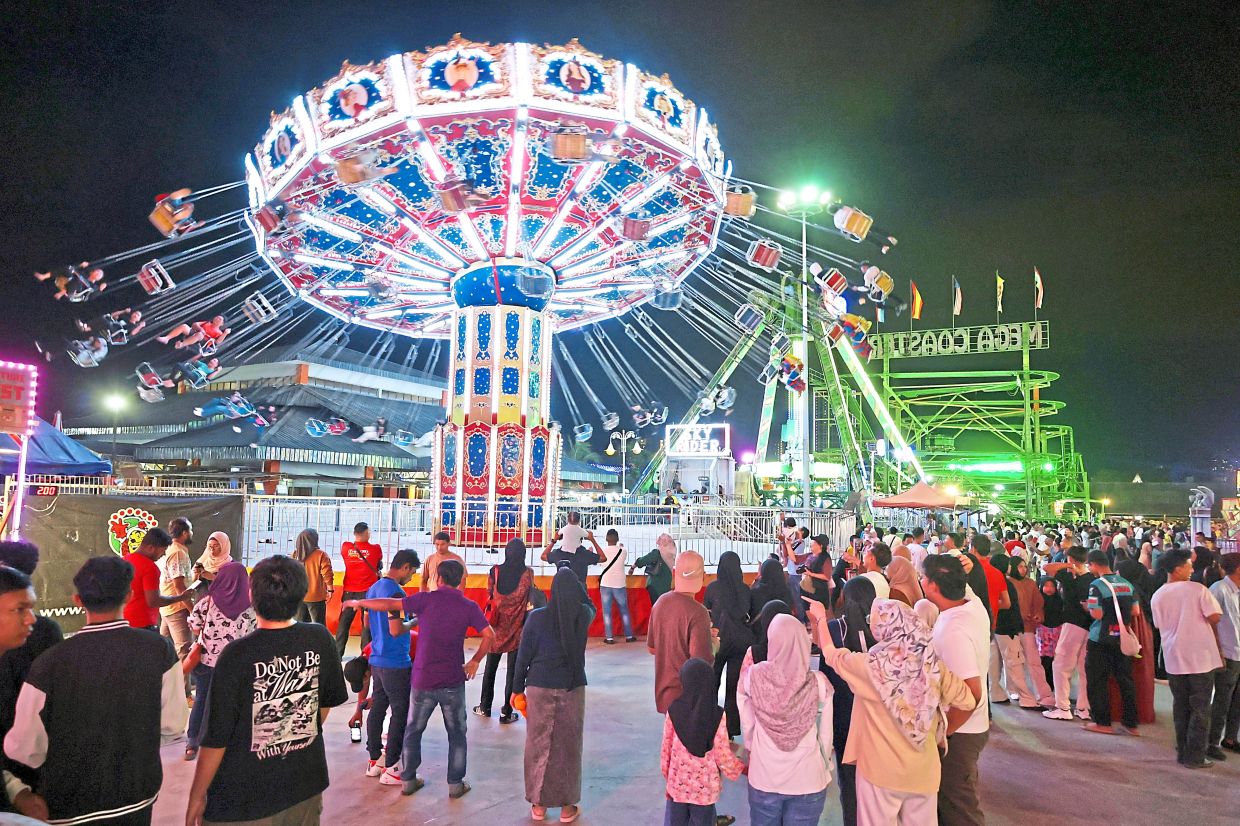Your core muscles are essential to support your spine, but many people often forget to exercise them.
YOUR core is like Wifi – when it’s weak, everything disconnects.
A hundred sit-ups a day won’t give you a strong core.
That’s because the core isn’t just your abs (abdominal muscles) – it’s the network of deep muscles around your stomach, back and hips that keeps your body balanced, supported and stable.
Your core is your body’s central stabiliser, even your spine depends on it for support.
Decreased movement or overdoing a movement, coupled with weight gain and poor nutrition, weakens the spine and connective tissues, causing the latter to wear down.
This eventually leads to chronic lower back pain, disc herniation and poor posture.
The four layers of the core consist of:
> Deep core stabilisers - the
inner “corset” muscles > Superficial core movers - the visible abs
> Lateral and posterior core - the core-to-hip connectors > Functional network - supporting stabilisers for everyday movement.
A strong core:
> Keeps your posture upright
and confident
> Protects your back from injury,
and
> Improves balance and everyday movement.
When the core is weak, the spine loses its natural brace.
Spinal segments start to shear and compress, leading to chronic lower back pain, disc herniation and poor posture.
Your posture is a mirror of your health, so pay attention to it!
Other effects include:
> A rounded upper back (kyphosis)
> Pelvic tilt or exaggerated lumbar curve
> Core inhibition and gluteal amnesia (yes, your butt can “forget” how to work).
The longer you sit, the more your core muscles disengage, causing your brain to “forget” about them.
From the age of 35 onwards, muscle mass begins to decline.
The deep stabilisers, such as the transversus abdominis, are often the first to weaken because they’re rarely activated in daily life.
Even regular gym-goers tend to train what they can see (e.g. arms, chest and legs), rather than what they can feel (e.g. the deep core).
However, you don’t need fancy machines to train your core. Try this instead:
> Tighten your abdominal wall (like bracing for a gentle punch) while walking, climbing stairs or carrying groceries.
> Sit tall, walk upright and stretch for five minutes every half-an-hour of sitting. Small adjustments in breathing and posture make a big difference.
Two other powerful core exercises you can do at home are:
> Dead bug with heel slide (deep core repatterning)
This exercise targets the transverse abdominis, pelvic stabilisers and deep spinal flexors.
It retrains coordination between the diaphragm, core and your pelvic floor – all crucial for posture and spine support. > Half-kneeling pallof press (rotational stability for real life)
This exercise targets the obliques, multifidus, gluteus medius and transversus abdominis.
It builds anti-rotation strength – the body’s defence against twisting stress during daily activities.
As unconventional as these moves may seem, they’re backed by solid research and proven to improve functional strength and posture.
The core doesn’t age – we do. Train it now or prepare to make friendship bracelets with your chiropractor later.
Dr Sitaramarao Nageswerarav is a general practitioner (GP) and certified fitness trainer. This is the first of a three-part series, which will be published fortnightly. For more information, email starhealth@thestar.com.my.
The information provided is for educational and communication purposes only, and should not be considered as medical advice. The Star does not give any warranty on accuracy, completeness, functionality, usefulness or other assurances as to the content appearing in this article. The Star disclaims all responsibility for any losses, damage to property or personal injury suffered directly or indirectly from reliance on such information.
7 Great Core Strengthening Exercises - Ask Doctor Jo

 https://www.pressreader.com/malaysia/the-star-malaysia/20251207/282492895014630
https://www.pressreader.com/malaysia/the-star-malaysia/20251207/282492895014630






